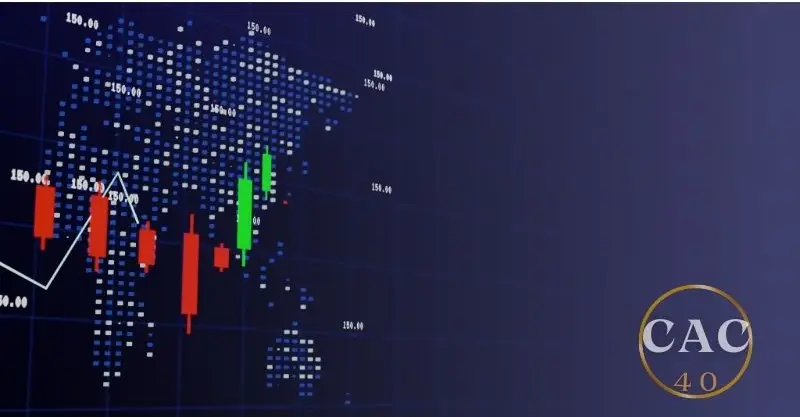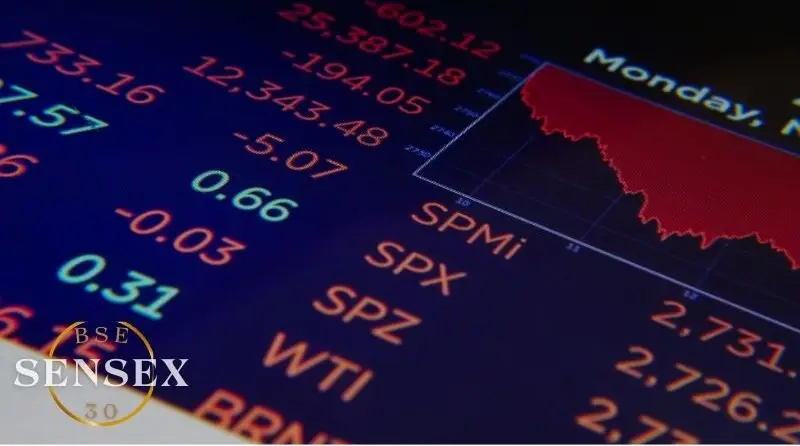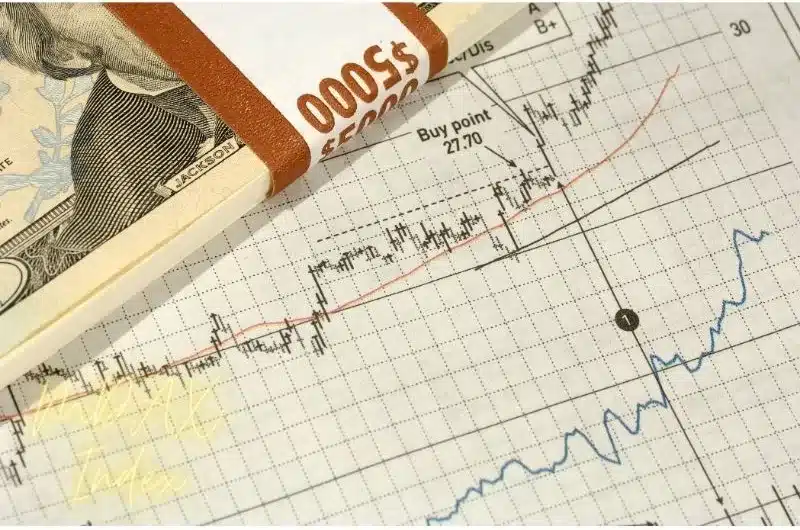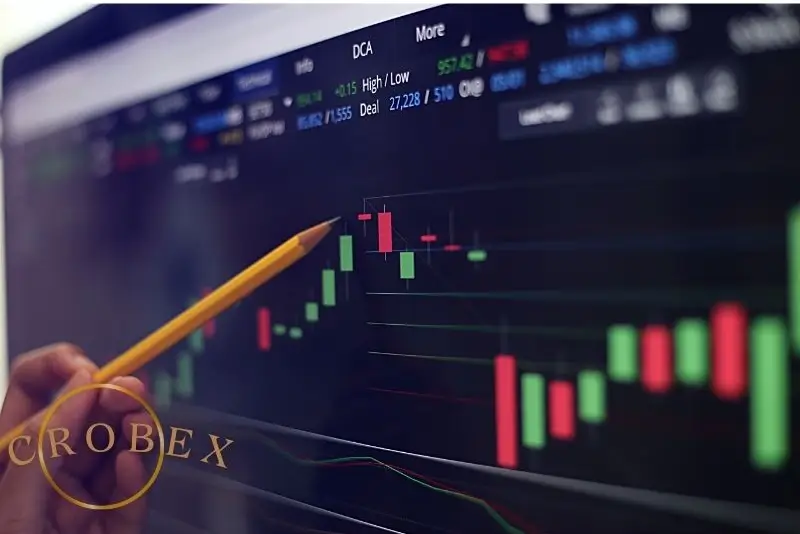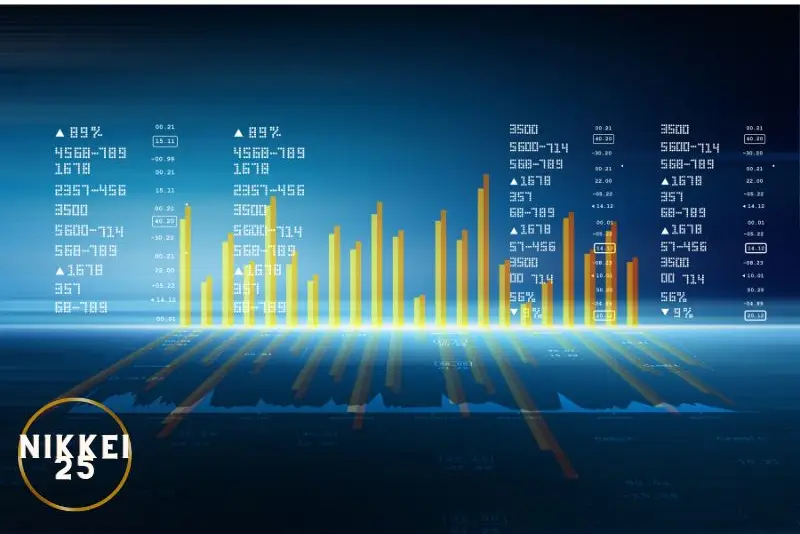The stock market in the Netherlands is a crucial hub for investors around the world, offering opportunities for growth and diversification in their portfolios.
One of the most important reasons why the Dutch stock market is so significant is its role in driving economic growth and innovation within the country. It provides companies with access to capital to expand their operations, create new products, and drive job creation.
Two of the main stock indices in the Netherlands are the AEX Index, which tracks the performance of 25 of the largest and most actively traded companies on Euronext Amsterdam, and the AMX Index, which includes medium-sized companies that are not part of the AEX Index.
Investing in Dutch stocks can provide investors with exposure to a wide range of industries such as technology, healthcare, finance, and consumer goods. By diversifying their investments across different sectors, investors can reduce risk and potentially earn higher returns over time.
How Does the Stock Market Work in Netherlands
In the Netherlands, the stock market operates similarly to other countries around the world. The main stock exchange in the country is Euronext Amsterdam, which is part of the larger Euronext group that includes exchanges in Paris, Brussels, and Lisbon.
Investing in the stock market in the Netherlands can be done through a broker or online trading platform. Investors can buy and sell shares of Dutch companies listed on Euronext Amsterdam, as well as international companies listed on other exchanges.
When investing in the stock market, it is important to conduct thorough research on companies and industries to make informed decisions. It is also essential to diversify investments to reduce risk and maximize potential returns.
Some major Dutch stocks that have historically generated profits for investors include:
- ASML Holding
- Unilever
- Royal Dutch Shell
- ING Group
- Philips
These companies are well-established and have a strong presence in their respective industries, making them attractive options for investors looking to capitalize on the Dutch market.
In conclusion, investing in the stock market in the Netherlands follows similar principles to investing in other countries. By conducting thorough research, diversifying investments, and focusing on reputable companies, investors can potentially generate profits from their investments.
What is the benefits of buying stocks in Netherlands
Investing in the Netherlands stock market can offer several benefits for investors. Some of the key advantages include:
Diversification: By investing in Dutch stocks, investors can diversify their portfolio and reduce overall risk. The Netherlands stock market offers exposure to a wide range of industries and sectors, allowing investors to spread their investments across different areas of the economy.
Stable Economy: The Netherlands has a stable and well-developed economy, making it an attractive destination for foreign investment. The country has a strong financial infrastructure and regulatory framework, which can provide confidence to investors.
Growth Opportunities: The Netherlands is home to many innovative companies in industries such as technology, healthcare, and renewable energy. Investing in Dutch stocks can provide opportunities for capital appreciation as these companies continue to grow and expand.
Tips for Investing in the Netherlands Stock Market:
Do Your Research: Before investing in any stock, it’s important to thoroughly research the company, its financial performance, and future prospects. Take the time to understand the industry dynamics and competitive landscape before making any investment decisions.
Diversify Your Portfolio: Diversification is key to managing risk in your investment portfolio. Consider investing in a mix of Dutch stocks across different sectors to spread your risk and maximize potential returns.
Stay Informed: Keep up-to-date with news and developments that may impact the Dutch stock market. Stay informed about macroeconomic trends, company earnings reports, and regulatory changes that could affect your investments.
Takeaways from Investing in the Netherlands Stock Market:
The Netherlands stock market offers diversification opportunities, stability, and growth potential for investors looking to broaden their investment portfolios. By conducting thorough research, diversifying your investments, staying informed, and being patient with your investments, you can take advantage of the benefits that the Dutch stock market has to offer.
The main stock indices in Netherlands
Stock market indices are important indicators that track the performance of a specific group of stocks in a particular market. They provide investors with valuable insights into the overall health and direction of the stock market.
In the Netherlands, one of the most important stock market indices is the AEX index, which tracks the performance of the top 25 companies listed on the Euronext Amsterdam stock exchange. The AEX index is widely used as a benchmark for Dutch equity markets and is closely watched by investors around the world.
The regulation of stock market indices in the Netherlands falls under the jurisdiction of the Dutch Authority for Financial Markets (AFM). The AFM is responsible for ensuring that all financial markets operate in an orderly and transparent manner, including monitoring and regulating stock market indices to prevent fraud and manipulation.
One key regulation imposed by the AFM is that companies included in major stock market indices must meet certain criteria, such as size, liquidity, and governance standards. This helps to ensure that only reputable and stable companies are represented in these indices, providing investors with confidence in their investment decisions.
Overall, stock market indices play a vital role in helping investors assess market trends and make informed investment decisions. By regulating these indices, authorities like the AFM help to maintain trust and integrity in financial markets, contributing to a healthy and vibrant economy in the Netherlands.
Recap: The stock market in Netherlands
The stock market in the Netherlands is known for its stability and strong performance. With a well-regulated financial system and a history of innovation, Dutch companies have attracted investors from around the world.
One of the key players in the Dutch stock market is Euronext Amsterdam, which is part of the larger Euronext exchange. This platform provides access to a wide range of stocks, bonds, and other securities, making it a popular choice for both domestic and international investors.
Overall, the Dutch stock market has weathered economic downturns and global instability with resilience. While there are risks involved in any investment, many see the Netherlands as a safe haven for their financial assets.
With a strong economy and a focus on sustainable business practices, Dutch companies continue to attract attention from investors looking for long-term growth opportunities. As such, the stock market in the Netherlands remains an attractive option for those seeking to diversify their portfolios.































